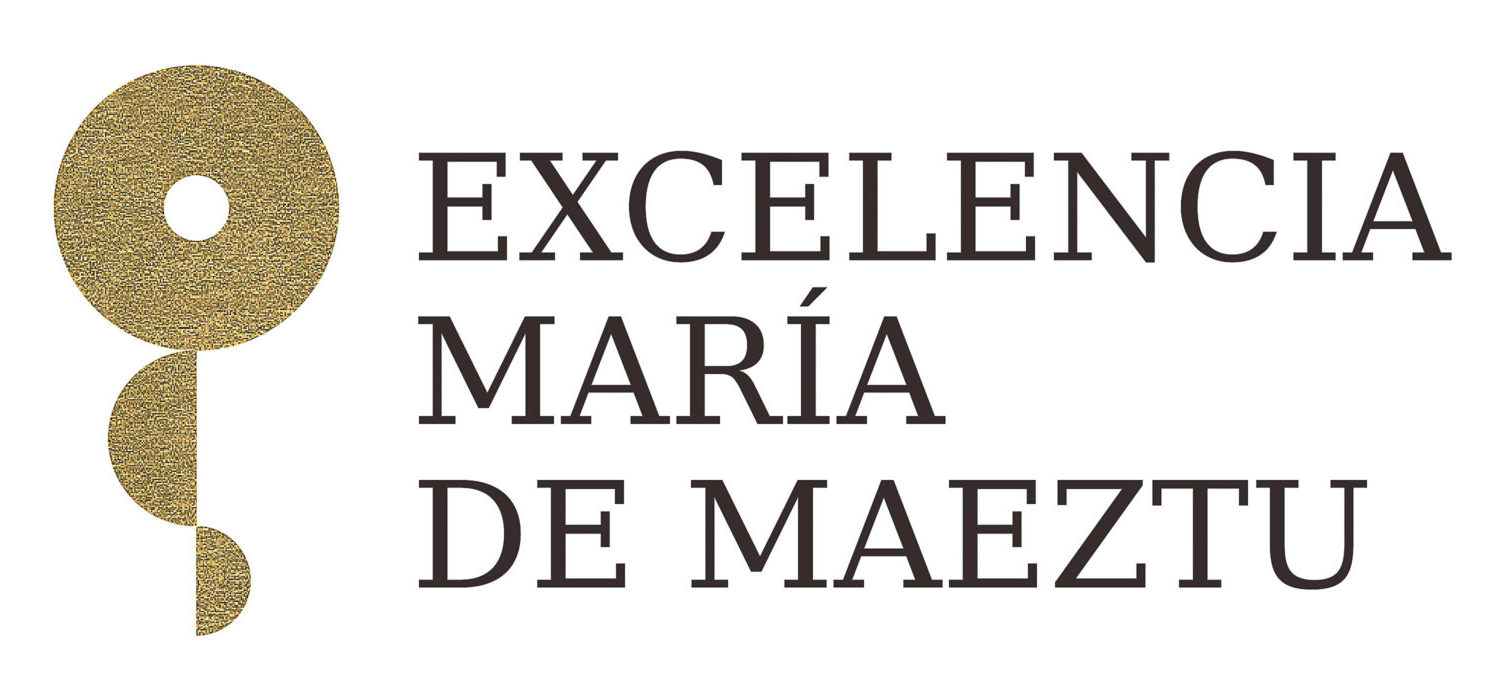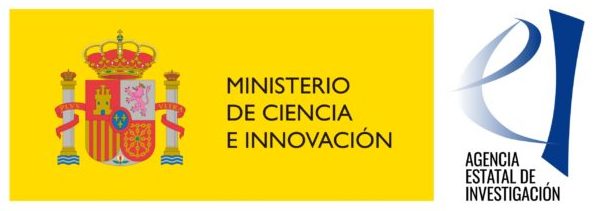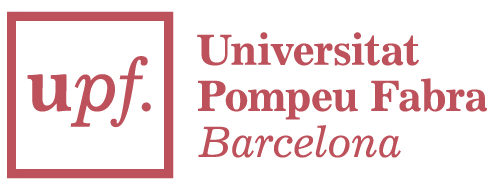BIAP seeks to become an international leader in philosophy, by implementing a cutting-edge collaborative strategic research programme (01 January 2023 – 31 December 2026) on the nature and role of evidence that exploits the synergies and complementarities among its individual members and the consolidated research groups to which they belong.
This programme will attract and research-train outstanding talent in different areas of philosophy, will raise the unit’s level of international cooperation, and aims to have social impact by addressing wide-spread scepticism about the force of evidence in decision-making within the public sphere.
Main objectives
The main objectives of the strategic research programme are to explore and systematize the sources of, and different roles assigned to evidence in a variety of well-defined contexts of enquiry; to develop a coherent overall conception of the nature of evidence, and of evidential support, across the aforementioned contexts of enquiry, synthesizing the results obtained with the results of the first principal research objective, and to determine the lessons to be drawn from this research for the uses and roles that evidence should have in the public sphere.
Work packages (WPs)
BIAPs research strategic programme is divided into 7 work packages (WPs): 6 connected with existing areas of philosophical work in BIAP, and a 7th devoted to public outreach, dissemination and knowledge transfer.
[WP1] Evidence in epistemology
Sven Rosenkranz (ICREA – UB)
[WP3] Evidence in science
José Antonio Díez (UB) & Carl Hoefer (ICREA – UB)
[WP4] Evidence in philosophy of mind
Josefa Toribio (ICREA – UB)
[WP5] Evidence and philosophical method
Manuel García-Carpintero (UB)
[WP7] Outreach and transfer of knowledge
Teresa Marques (UB)





